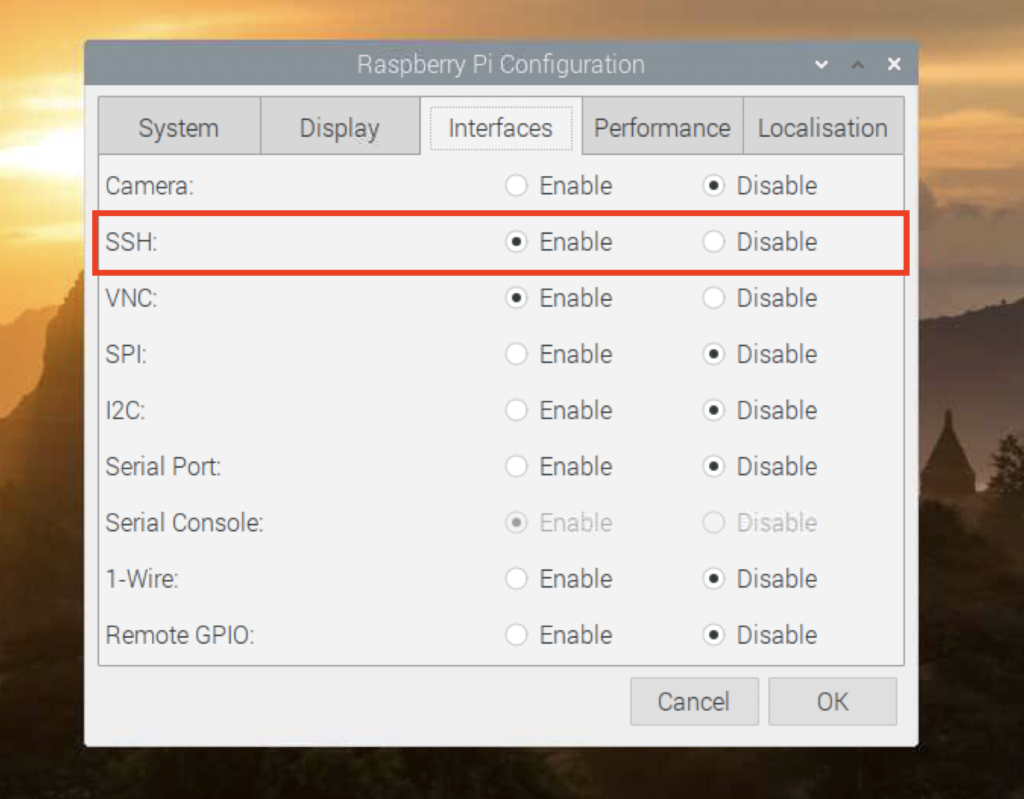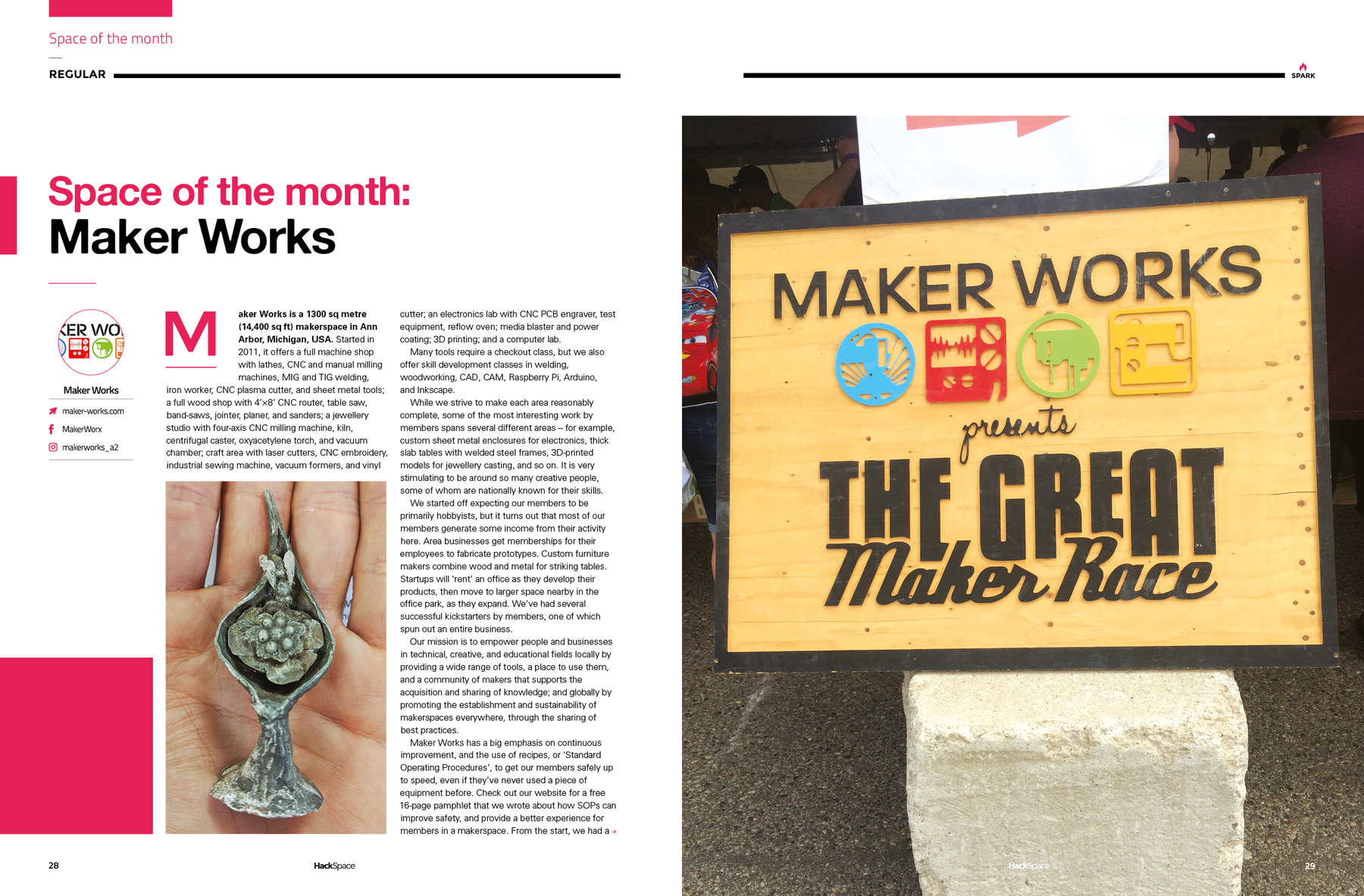Best Remote IoT Platform With Free SSH Key For Raspberry Pi
Remote IoT platforms have become an essential part of modern technology, allowing users to control and monitor devices from anywhere in the world. If you're looking for the best remote IoT platform with a free SSH key for Raspberry Pi, you're in the right place. This comprehensive guide will walk you through everything you need to know about setting up and managing IoT devices remotely.
As more businesses and individuals embrace smart technology, the demand for reliable remote IoT solutions continues to grow. Whether you're a beginner or an advanced user, finding the right platform can make all the difference in managing your IoT projects efficiently.
In this article, we'll explore the top remote IoT platforms that offer free SSH keys for Raspberry Pi. We'll also provide detailed insights into how to set up your devices, secure your connections, and optimize performance. Let's dive in!
Read also:Understanding Hashimotos Thyroiditis And Graves Disease Causes Symptoms And Treatments
Table of Contents
- Introduction
- What is a Remote IoT Platform?
- Importance of SSH Key for Raspberry Pi
- Top Remote IoT Platforms for Raspberry Pi
- Free SSH Key Options for Raspberry Pi
- Step-by-Step Setup Guide
- Security Measures for Remote IoT Platforms
- Performance Optimization Tips
- Use Cases for Remote IoT Platforms
- Conclusion
What is a Remote IoT Platform?
A remote IoT platform is a software solution that allows users to manage, monitor, and control IoT devices from a distance. These platforms provide a centralized interface for interacting with connected devices, enabling real-time data collection, analysis, and control. They are particularly useful for managing large-scale IoT projects where devices are distributed across different locations.
Key Features of Remote IoT Platforms
Remote IoT platforms come equipped with several key features that enhance their functionality:
- Device Management: Allows users to add, remove, and configure devices easily.
- Data Analytics: Provides tools for analyzing data collected from IoT devices.
- Security Features: Ensures secure communication between devices and the platform.
- Scalability: Supports the addition of new devices without compromising performance.
Importance of SSH Key for Raspberry Pi
An SSH key plays a crucial role in securing remote connections to your Raspberry Pi. Unlike traditional password-based authentication, SSH keys provide a more secure and convenient way to access your device remotely. By using an SSH key, you can eliminate the risk of brute-force attacks and unauthorized access.
Benefits of Using SSH Keys
Here are some benefits of using SSH keys for your Raspberry Pi:
- Enhanced Security: SSH keys are more secure than passwords and reduce the risk of unauthorized access.
- Convenience: Once set up, SSH keys allow you to connect to your Raspberry Pi without entering a password each time.
- Automation: SSH keys enable automated scripts and processes to run securely without manual intervention.
Top Remote IoT Platforms for Raspberry Pi
There are several remote IoT platforms available that cater specifically to Raspberry Pi users. Below, we'll explore some of the best options:
1. ThingsBoard
ThingsBoard is a powerful open-source IoT platform that supports remote device management and data visualization. It offers a user-friendly interface and integrates seamlessly with Raspberry Pi.
Read also:Celebrity Scandals Unveiling The Truth Behind The Glamour
2. Adafruit IO
Adafruit IO is a cloud-based IoT platform designed for makers and hobbyists. It provides easy-to-use dashboards and supports a wide range of devices, including Raspberry Pi.
3. Blynk
Blynk is a mobile-first IoT platform that allows users to control their devices using a smartphone app. It supports Raspberry Pi and offers a free tier for basic usage.
Free SSH Key Options for Raspberry Pi
When setting up your Raspberry Pi for remote access, it's important to choose a reliable SSH key solution. Fortunately, there are several free options available:
1. OpenSSH
OpenSSH is a widely used open-source SSH software suite that provides secure communication between devices. It is pre-installed on most Raspberry Pi operating systems.
2. PuTTY
PuTTY is a free SSH client that works on Windows and offers a simple interface for generating and managing SSH keys.
3. SSH Keygen
SSH Keygen is a command-line tool that allows you to generate SSH keys easily. It is included in the standard Linux distribution and can be used on Raspberry Pi.
Step-by-Step Setup Guide
Setting up a remote IoT platform with a free SSH key for Raspberry Pi involves several steps. Follow this guide to get started:
Step 1: Install the Operating System
Begin by installing the latest version of Raspberry Pi OS on your device. You can download the image from the official Raspberry Pi website and flash it onto an SD card using a tool like Balena Etcher.
Step 2: Configure SSH
Enable SSH on your Raspberry Pi by creating an empty file named "ssh" on the boot partition. This will activate SSH during the first boot.
Step 3: Generate SSH Key
Use the SSH Keygen tool to generate a public and private key pair. Save the public key on your Raspberry Pi and keep the private key secure on your local machine.
Step 4: Connect to the Platform
Once SSH is configured, connect your Raspberry Pi to the chosen remote IoT platform. Follow the platform's documentation for specific setup instructions.
Security Measures for Remote IoT Platforms
Security is paramount when managing IoT devices remotely. Here are some best practices to ensure your setup remains secure:
- Use Strong SSH Keys: Always use strong, unique SSH keys to protect your devices.
- Disable Password Authentication: Disable password-based authentication to prevent brute-force attacks.
- Update Regularly: Keep your operating system and software up to date to protect against vulnerabilities.
Performance Optimization Tips
Optimizing the performance of your remote IoT setup can enhance the user experience and reduce latency. Here are some tips:
- Use Compression: Enable SSH compression to reduce data transfer times.
- Optimize Network Settings: Configure your network settings for optimal speed and reliability.
- Monitor Resource Usage: Regularly monitor CPU, memory, and disk usage to identify bottlenecks.
Use Cases for Remote IoT Platforms
Remote IoT platforms have a wide range of applications across various industries. Here are some common use cases:
1. Smart Home Automation
Control lighting, temperature, and security systems remotely using a Raspberry Pi and IoT platform.
2. Industrial Monitoring
Monitor machinery and equipment performance in real-time to improve efficiency and reduce downtime.
3. Environmental Monitoring
Collect and analyze data from sensors deployed in remote locations to study environmental changes.
Conclusion
Choosing the best remote IoT platform with a free SSH key for Raspberry Pi requires careful consideration of your specific needs and requirements. By following the guidelines outlined in this article, you can set up a secure and efficient remote IoT system that meets your expectations.
We encourage you to explore the platforms mentioned and experiment with different configurations to find the perfect solution for your projects. Don't forget to share your experiences and leave comments below. For more informative articles, visit our website regularly.
Article Recommendations


